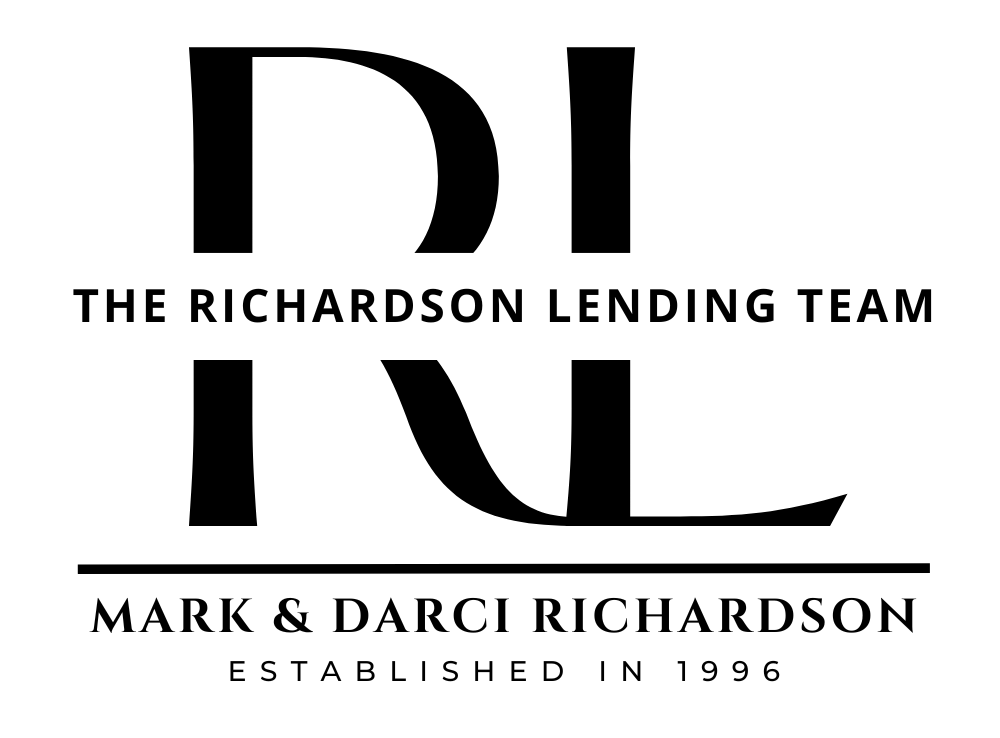Common Closing Costs (and How to Limit Them)

Buying a new home is one of the most exciting events in your life, but the enormity of it all can be daunting. You’ve got to set your price range. Then you need to research your new neighborhood. And before you move, all your belongings will have to be packed into boxes.
With everything going on, it’s easy to forget about closing costs—a catch-all term for the fees and services that come with homebuying. It’s an understandable oversight, but depending on where you live, the closing costs can add up to 2%–5% of the home’s total cost. That’s thousands of dollars! Make sure closing costs don’t take you by surprise by reviewing the most common closing costs and a few ways to limit them.
Common Closing Costs
The names lenders use for different closing costs vary greatly, so don’t be afraid to ask questions if you’re not sure what something is. Knowing exactly what you’re paying for is important so you can truly compare loan offers.
Appraisal Fees
If you’re buying a new home, you’ll want an unbiased third party giving you a number for what the home is actually worth. (In fact, lenders require an appraisal to make sure you’re not paying more than the home is worth.) Appraisers compare the home to recent sales in the area to come up with a figure for your home.
Appraisals don’t always get lumped in with closing costs. Sometimes other parties will pay for them. If you’re on the hook for it, prepare to spend around $500, though the size and location of the property can cause the price to vary. You may also need to pay this fee well before closing.
Loan Origination Fee
An origination fee is essentially an application fee with lenders. It’s an upfront fee, and the amount is determined as a percentage of the overall loan. So, the more you borrow, the higher this cost will be. You can expect to pay between 0.5% and 1% of the loan for your origination fee. This fee can also be called a processing, underwriting, or application fee.
Document Preparation Fee
When you’re shopping around for a mortgage, a lot of effort goes into each lender’s estimate. It’s not as easy as typing out a quick email; the reports are arduously prepared and customized based on your credit score and financial status.
You’ll encounter document preparation fees for most of the paperwork that’s prepared ahead of a sale. These fees are typically $100 or less, but it varies.
Title Insurance
It’s hard to know a property’s history with absolute certainty, and that’s where title insurance comes in handy. Title insurance protects both you and the lender if the home has any liens, outstanding lawsuits, or other title problems. Title insurance isn’t mandated by law, but your lender will almost certainly require it.
Credit Report Fee
Any potential lender is going to want to check your credit report before issuing a loan. While some lenders pick up the credit report fee themselves, you should be ready to cover the cost. Luckily, the costs aren’t extreme—it shouldn’t be more than about $50.
Escrow Account
Similar to how renters pay first and last month’s rent upfront, homebuyers have to set aside money for future property tax and homeowners’ insurance payments. These payments are held in what’s called an escrow account, in case property taxes or insurance bills suddenly spike. It’s common to pay a year’s worth of insurance payments at closing, plus an additional two months of insurance and property tax payments as a buffer into your escrow account. Your mortgage company will pay your tax and insurance bills from that account.
Prepaid Interest
Your monthly mortgage payment actually covers the previous month. If you close in mid-October, your first mortgage payment will likely be due on December 1. Lenders will collect prepaid interest on the loan between your closing day and the end of the month you close. It’s a per-day rate (yearly interest charge/365 days=one day of interest payment). This is due at the closing day.
Wire Transfer Fees
Lenders will want to you to pay through wire transfers. That’s the most secure way to move around money, but it comes at a cost. Depending on the service you’re using (which the lender will determine), you can expect these fees to cost as little as $25 or as much as $100.
Recording Fee
The recording fee is the cost of making the sale official with the government. The exact cost varies by county. Some counties charge a flat rate, while others charge by the size of the document.
How Can I Limit Closing Costs?
Compare Loan Estimates
When you ask for a loan, you’ll get a good faith estimate of how much that loan will actually cost you. In addition to interest rates and lending terms, this report will also include a line item report of all the expenses you’ll be responsible for when the sale closes. It’s a good idea to compare all of these factors to understand the true cost of the loan. Note that these numbers are not final and that they can change. Three days before closing, the lender will update the estimate with more accurate figures.
Zero Closing Cost Loans
Some lenders promote “zero closing cost” mortgages. As the name implies, these offers roll closing costs into the mortgage, which drastically reduces the cash you need to close a sale. But keep in mind, you will pay for the closing costs eventually, and zero closing cost loans often come with higher interest rates. That means you can end up paying more over time compared to a conventional mortgage that has closing costs associated with it.
VA Loans
If you’re a veteran, the VA offers mortgages specifically for military members. One benefit to VA loans is they don’t require any down payment. That frees up a lot of cash for other closing costs.
Another benefit is that military families are exempt from some of the most common closing costs when they get a VA loan. For example, veterans can’t be charged for certain types of attorney fees, document preparation fees, or escrow fees.
FHA Loans
The government also offers mortgages through the Federal Housing Association. These loans reduce barriers to homeownership, and that makes them popular with first-time home buyers and buyers with low-to-moderate income. It’s often easier to roll closing costs into these mortgages, and interested parties are allowed to pick up more of the closing costs compared to a sale with a conventional mortgage.
Down Payment/Closing Cost Assistance
If closing costs and down payments seem daunting, you’re not alone. That’s why many states, municipalities, and nonprofits have down payment assistance programs. Unlike loans, many of these programs are grants, which you do not have to repay. It’s worth looking into—securing one could save you thousands of dollars.
I hope you’re feeling more confident about closing costs. It’s important to remember that all the closing costs will be outlined in the good faith estimate, and there are resources to help ease your financial burden. If you have any more questions, or have any advice you’d like to share, write it out in a comment below!
